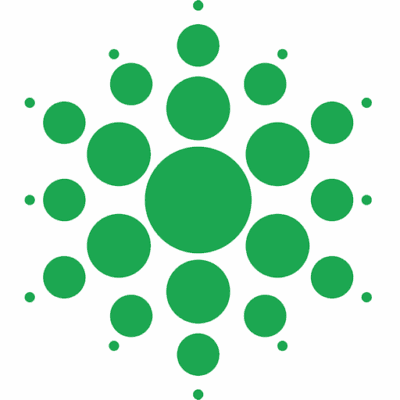The Electron Microscope Unit (EMU) at the University of Cape Town was established over sixty years ago as a regional imaging core facility serving the needs of the biological and materials science communities. Researchers in the EMU, with help from international scientists, have established the first single-particle cryo-EM resource in Africa. We support projects ranging from synthetic biology and biotechnology, to the metabolism of disease-causing organisms, vaccine-design, and structural characterisation of important human drug targets. We enable our users to competitively access international imaging facilities to collect high-resolution images by providing the necessary preliminary data and science cases. We have performed several high-resolution data collections every year since 2018 and have several years’ experience of generating samples, operating these microscopes and analysing the resulting datasets. In this talk, I will show some of the results of these efforts.
Latest cryo-EM results from South Africa
Abstract
Speaker
Dr Jeremy Woodward
Electron Microscope Unit, University of Cape Town
About
Dr. Jeremy Woodward is a Research Officer in the Electron Microscope Unit, Principal Investigator in the Structural Biology Research Unit and the convenor of the Structural Biology Honours degree programme at the University of Cape Town.
He completed his PhD in Structural Biology at Ruhr University and the University of Cape Town under the supervision of Trevor Sewell and Markus Piotrowski. After a postdoctoral fellowship in the Department of Medical Biochemistry at the University of Cape Town, he was awarded an NRF Research Career Advancement Fellowship.
He founded and administers the cryo-EM block Allocation Group for South Africa at the electron Bio-Imaging Centre (eBIC) at Diamond Light Source and currently holds a three-year grant from the Chan Zuckerberg Initiative for his project꞉ “Cryo-EM training for Southern Africa”.
Selected recent publications
RSVP to this event
About
The Biophysics in Africa Monthly Colloquium Series is a joint project of the African Light Source Foundation (AfLS), African Physical Society (AfPS), and the South African Institute of Physics (SAIP). SAIP is an adhering body of the International Union of Pure and Applied Biophysics (IUPAB). The colloquia are always on the last Wednesday of every month. In addition to participation by students and colleagues worldwide, we invite speakers from around the globe as well. For more information please feel free to contact us at colloquium.series@africanbiophysics.org

